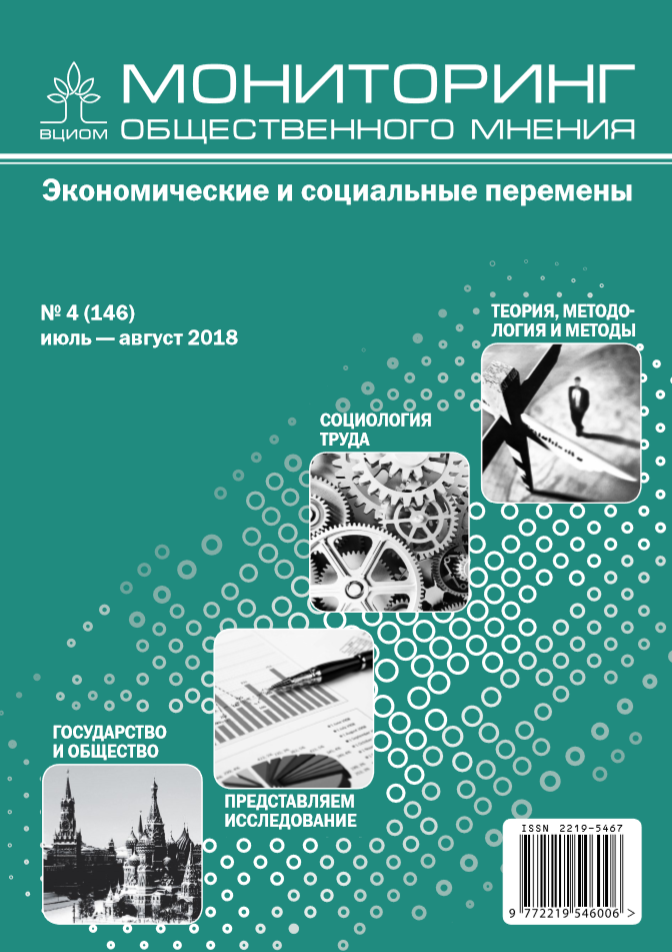Staffing of local government in modern Russian conditions
DOI:
https://doi.org/10.14515/monitoring.2018.4.19Keywords:
municipal administration, staffing, training and professional development of municipal employees, ethical norms, local governmentAbstract
The article reflects the results of the authors’ study of staffing issues in the municipal government in the Russian Federation. The purpose of the study is to analyze the dysfunction in the personnel management, to investigate the factors limiting staffing effectiveness and to identify activities to level off the major problems in the formation of professional and personal skills of the municipal employees. The empirical basis of the study is the data of the expert survey among the heads of Russian municipal bodies. The main staffing problems involve limits on the number of local government workers, absence of field-specific educational background among the majority of workers, and lack of knowledge in legal and economic spheres. The problems are particularly acute for the rural areas (lower levels of employees’ education and personnel stability; fewer activities aimed to form the employee pool). Staffing dysfunctions are caused by a number of factors such as the narrowing of the local government autonomy, scarce local budgets, and excessive number of supervisory and oversight activities conducted by public authorities. Based on the results of the expert survey, the authors conclude that staffing problems are deeply rooted in the employee education and retraining and the related problems (strong focus on theory rather than practice; unified approach; lack of attention to geographical specifics and local problems; shortcomings of teaching methods) and are greatly shaped by the motivational system. These problems determine the main directions in staff development, namely making improvements in staff training, retraining and qualification enhancement (considering the best practices in municipal government, increasing the interaction between local government bodies aimed at exchange of experience, taking into account the territorial specifics, providing flexible training programs), strengthening the appreciation for the municipal work, and building a corporate culture.






